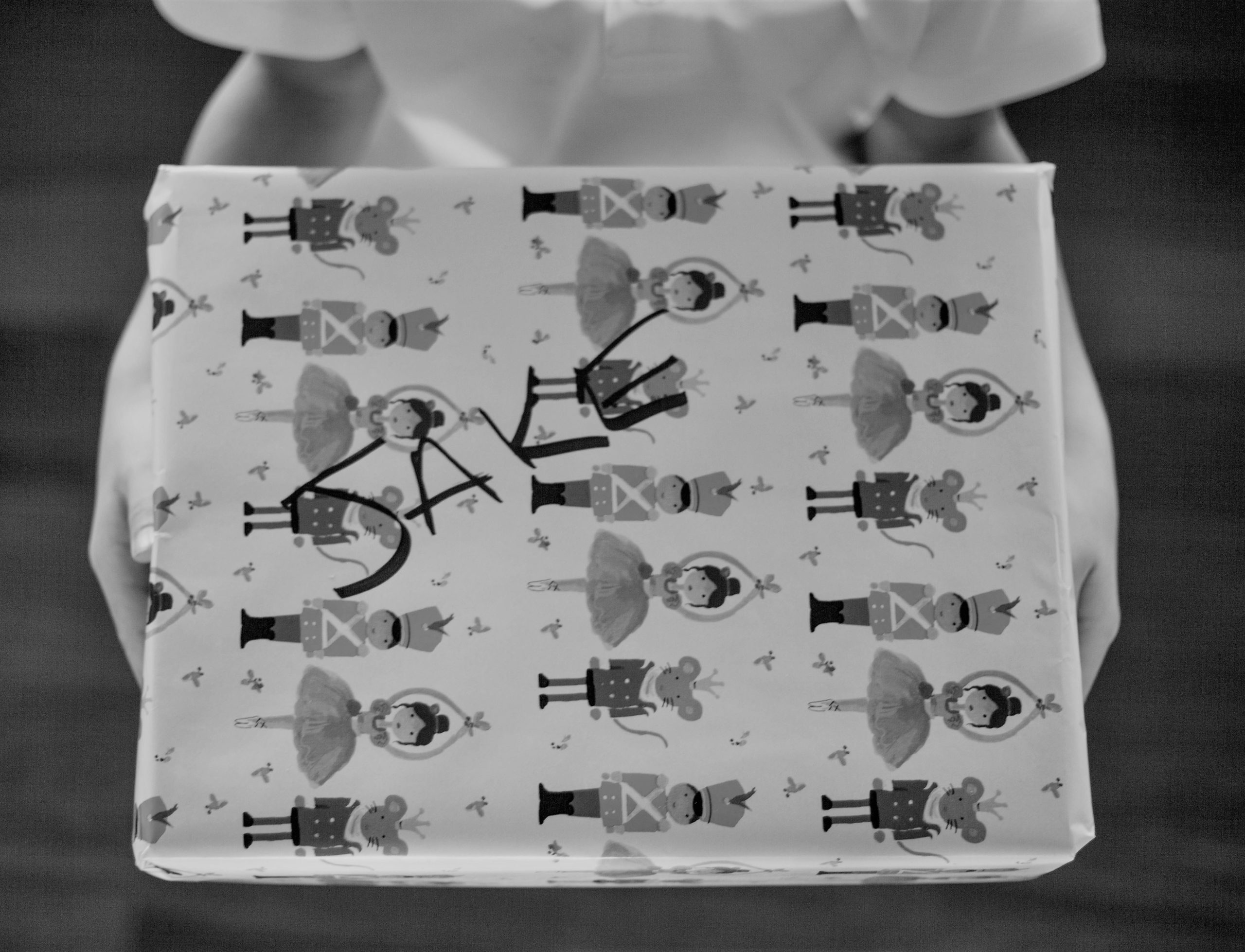
It’s better to give than to receive
Sherri T.
These were the wise words of Libbie, mother of dear friend Margie F. Libbie likely had no idea back then that her words would be so significant.
A growing body of research is documenting the positive impact of giving. People who give have been found to be happier than those who don’t.
Perhaps it’s because people who give already have. Maybe they are content because they don’t face many – or any – financial woes.
But increasingly, research is showing that giving is not just about writing a cheque. It is about providing other valuable resources as well, especially time.
In theory, everyone can give the gift of time. But the reality is much more difficult. The “time deficit” we all seem to face has been cited as the bane of modern existence. There are never enough hours in the day, especially if you make lengthy to-do lists every morning.
While presence can be as important as presents, under some circumstances only presents will do. Especially if you are a young girl on your way to a birthday party, like dear friend Margie.
One particular birthday, Margie had bought her friend a birthday gift that she would have liked to keep for herself. At that point, Libbie stepped in with this sage advice: “It’s better to give than to receive.”
To this day, Margie remembers that moment. Those poignant and powerful words have long influenced her life.
I too remember that moment very well but not for the same reason. In last week’s blog, I told Margie’s story about the birthday gift but mistakenly reported that Libbie had used another of her favorite expressions: “Don’t cry over spilled milk.”
Rather than crying over spilled milk, I decided to take this opportunity to apologize to both Libbie and Margie for my error.
While I very much regret this inadvertent mistake, I am heartened by the wisdom of cartoonist Lynn Johnston who wrote: “An apology is the superglue of life. It can repair just about anything.”
These words appeared in Lynn’s comic strip “For Better or For Worse” in 1994. Who knew that 25 years later they would still be so wise?
